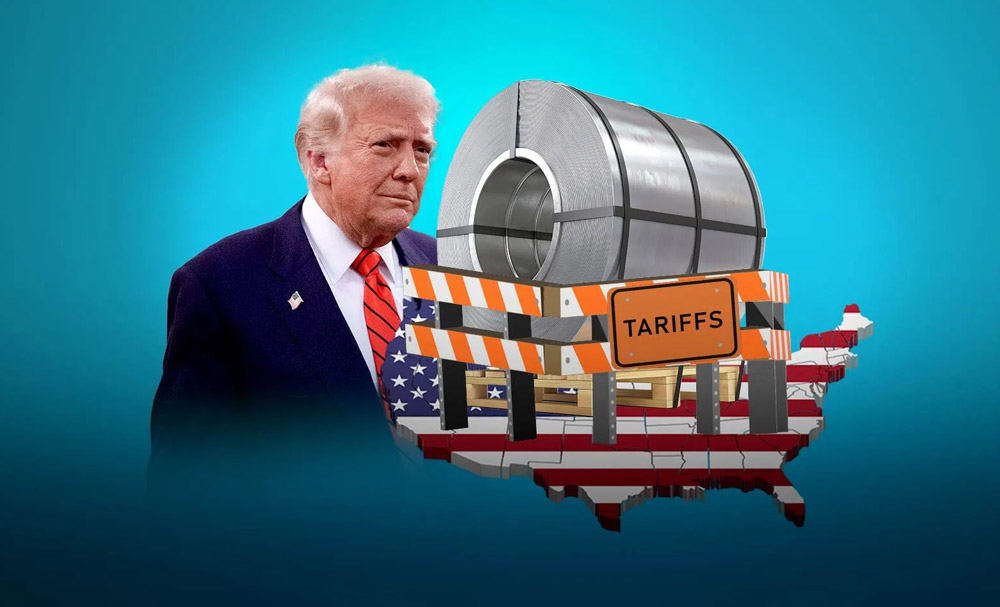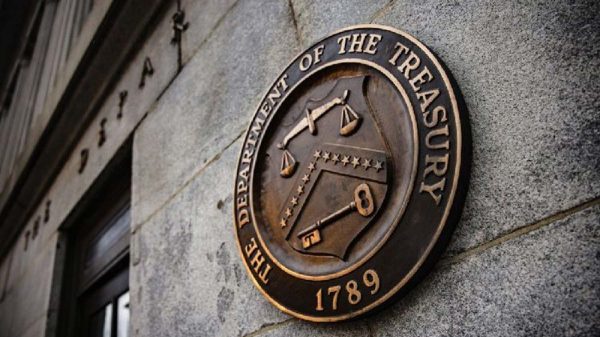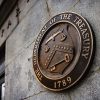tariffs on steel imports, a move aimed at bolstering domestic production. The decision, which raises tariffs from 25% to 50%, has sparked significant movement in the market and drawn mixed responses from global trade partners.
Market Reactions
Shares of major steel companies saw a sharp uptick following the announcement. Notably:
- Cleveland-Cliffs surged by approximately 25% in premarket trading, reflecting investor confidence in the company’s prospects under the new tariff environment.
- Steel Dynamics and Nucor, two other industry heavyweights, each experienced gains exceeding 10%.
- The VanEck Steel ETF (SLX), which tracks the performance of the broader steel industry, added 1.9%.
This surge underscores renewed optimism in the domestic steel industry, which has seen increased protectionism under the Trump administration.
Trump’s Announcement
Speaking at a rally in Pennsylvania last Friday, Trump emphasized his administration’s commitment to strengthening the U.S. steel industry. He described the tariff hike as a necessary step to “secure the steel industry in the United States.”
“We are going to be imposing a 25% increase. We’re going to bring it from 25% to 50% — the tariffs on steel into the United States of America,” Trump said during the rally.
He also highlighted a new “blockbuster agreement” between U.S. Steel and Japan’s Nippon Steel, which he claimed would create 70,000 new jobs in the U.S. economy. Trump reassured the crowd that U.S. Steel would remain “controlled by the USA” and promised that no layoffs would occur under the new partnership.
Global Trade Tensions
The decision to double steel tariffs has reignited global trade tensions. The European Union responded on Saturday, stating that the move “undermines ongoing efforts to reach a negotiated solution.” The EU also indicated it is prepared to implement countermeasures in response to the heightened tariffs.
This development adds to the already complex trade landscape, with many global partners expressing frustration over the U.S.’s protectionist policies.
Implications for the Industry
The tariff increase is expected to provide a significant boost to domestic steelmakers by shielding them from low-cost imports. However, critics argue that higher tariffs could increase costs for industries reliant on steel, such as automotive and construction, potentially passing these costs onto consumers.
Despite the controversy, investors remain bullish on U.S. steel stocks, at least in the near term, as the higher tariffs solidify the competitive position of American producers.











